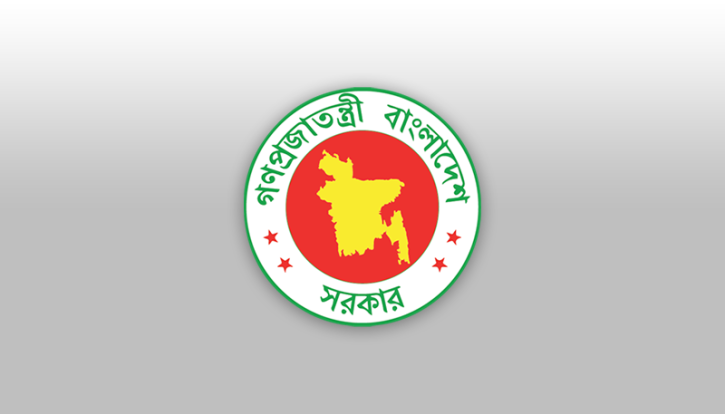The cabinet has given its final approval to the ‘Essential Services Act 2022,’ which endorses a maximum one-year jail term for calling or supporting illegal strikes in the essential services sector.
The draft law was given approval in the cabinet meeting, presided over by Prime Minister Sheikh Hasina, in the city on Monday.
Cabinet Secretary Khandker Anwarul Islam briefed journalists at the Secretariat after the cabinet meeting. The cabinet secretary said that the cabinet had given in-principle approval to the draft law on October 4, 2021.
The draft law will be tabled before the Parliament to turn it into a law. It will then be issued by the government in the form of a gazette.
Anwarul said the law incorporates some 14 sections. The Section IV states the category of subjects the government may announce as essential services. Meanwhile Section V deals with exercising power over certain groups of employees who cannot leave work stations or certain designated areas.
The Section also prohibits strikes, lock-downs or lay-offs. Many times there occur lay-offs or dismissals in the industrial establishments.
The government can ban them if it feels they are not justified. The names of the services which the Government deems to be essential services may be declared later. Some of the services may include postal and telecommunication, information technology, e-commerce, electronic and digital services.
The government feels that these services cannot be stopped at any time.
The cabinet secretary said, digital financial services such as mobile financial services; power generation, gas and coal explorations, supply and marketing fall under the essential services category, too.
In case of any deadlock in these sectors, the government can interfere.
The transportation of passengers or goods services by land, water, rail and airways will also be known as essential services. Clearance of goods by land, sea, river or airport, any establishment under the management of armed forces or related services will have similar entitlement, too.
Apart from this, the government can declare any service as an essential service. For some reason, if someone stopped the movement of buses or trucks, then the government can also impose penalties for non-compliance, he also said.
According to the draft of the Act, services in connection with the establishment or organisation engaged in the production of goods or goods necessary for the defense of the country; services in connection with any government-owned or government-controlled establishment or organisation engaged in the purchase, sale, collection, storage, disposal or distribution of foodstuff; any services related to hospitals, clinics, healthcare or similar institutions and dispensaries; services related to institutions, organizations or factories engaged in these activities, including drug production, supply, marketing, purchase and sale; state-owned banks and financial institutions services; services related to oil fields, oil refineries, oil storage and establishments or organisations engaged in the production, transportation, supply and distribution of petroleum or petroleum-like substances and services related to minting and security printing may be gazetted by the government as essential services.
In addition, services where public welfare services are or are likely to be severely affected; services which are or are likely to be seriously affected by supply and maintenance services deemed essential to public safety or livelihood of the people may also be declared essential services.
The Government may also declare any job or service connected with any class of job as essential service for six months if it causes or is likely to cause intolerable hardship to the people and to ensure the security of the whole country or any part of the country with a view to ensuring the defense of the country. If necessary, its period can be extended for another six months.
The cabinet secretary further said, if someone breaches any section of the law, he or she could be imprisoned for 6 months and pay a fine of Tk 25,000.
If the person supports the continuation of any illegal strike, he or she may suffer one-year imprisonment and pay a fine of up to Tk 50,000.
If any owner of any establishment dubbed as an essential organisation goes for lay-off, he or she can be jailed for up to 6 months and fined up to Tk 1,00,000 or both.
A departmental action can also be taken if any lay-off occurs at an autonomous organisation, the draft act reads.

